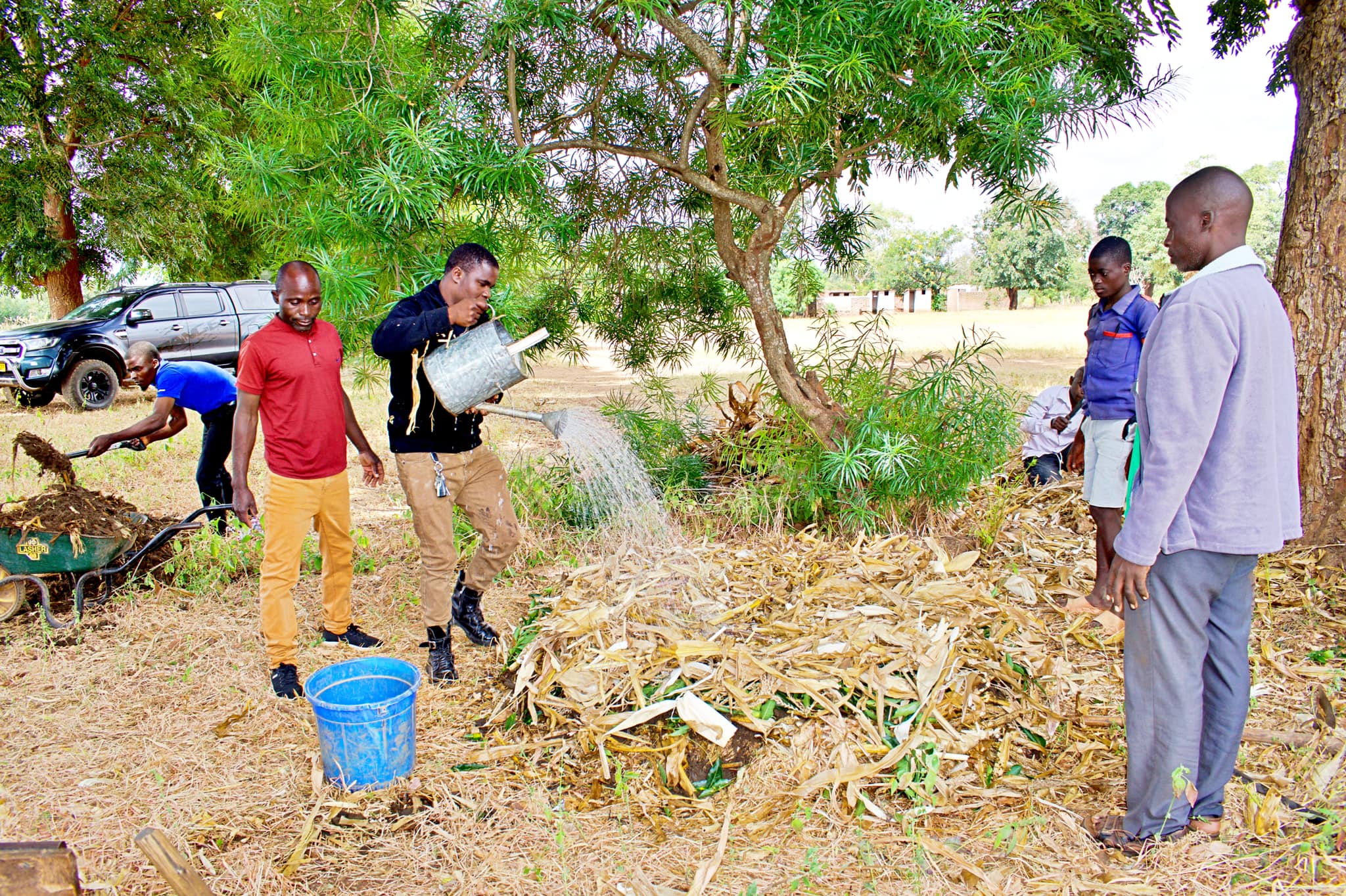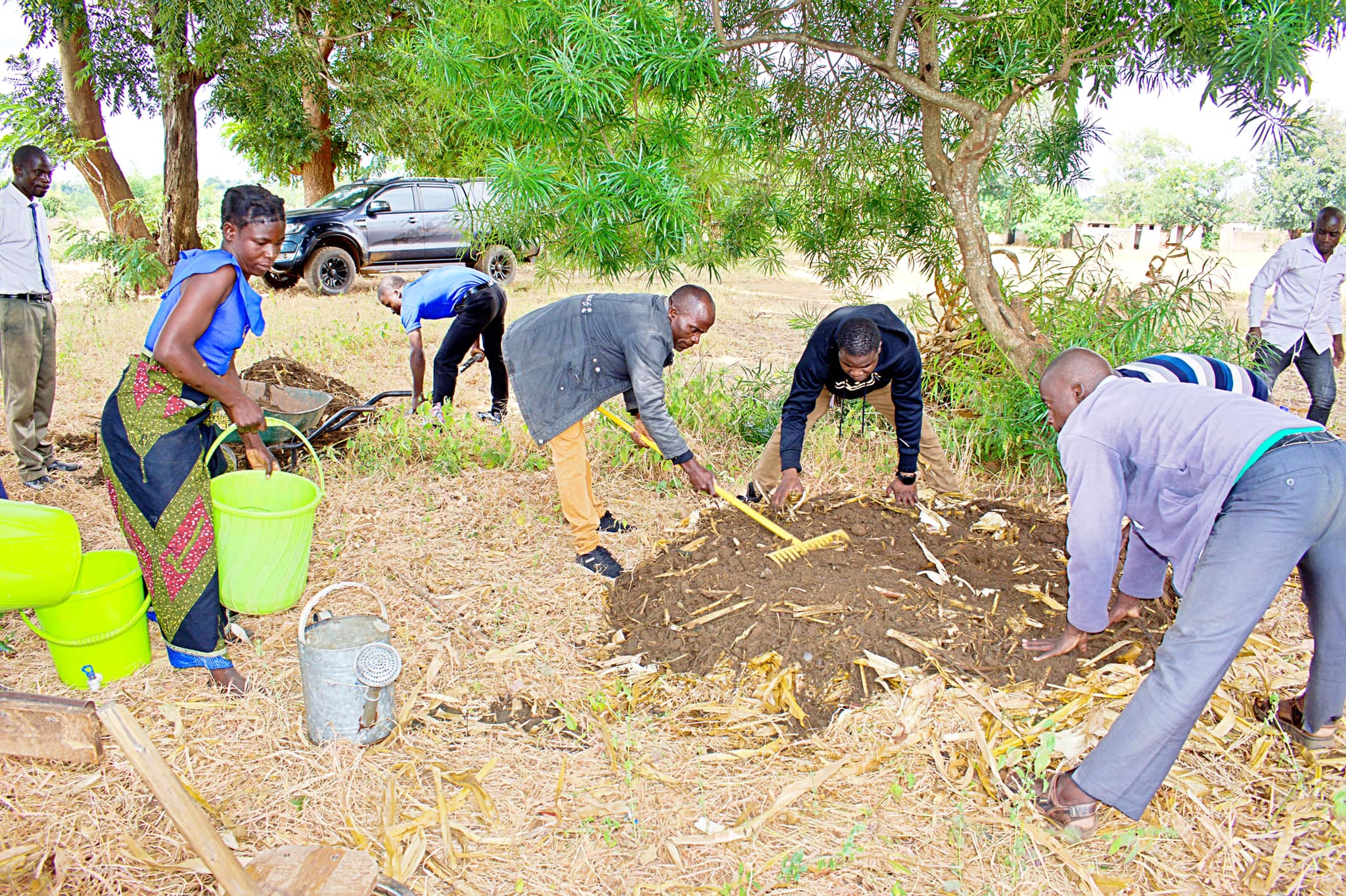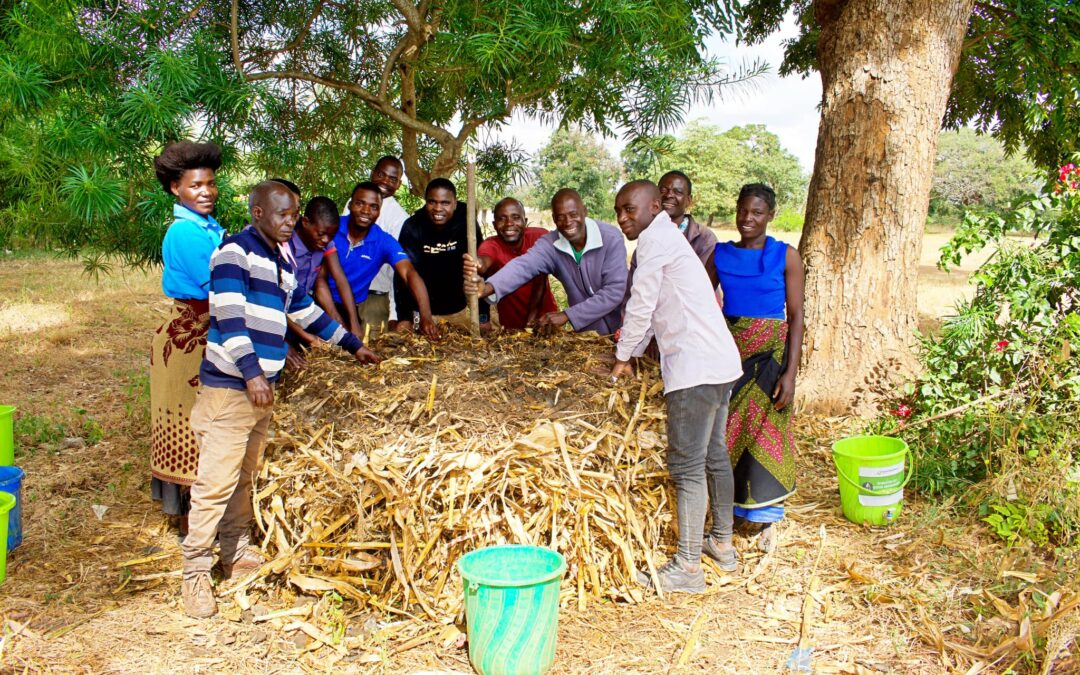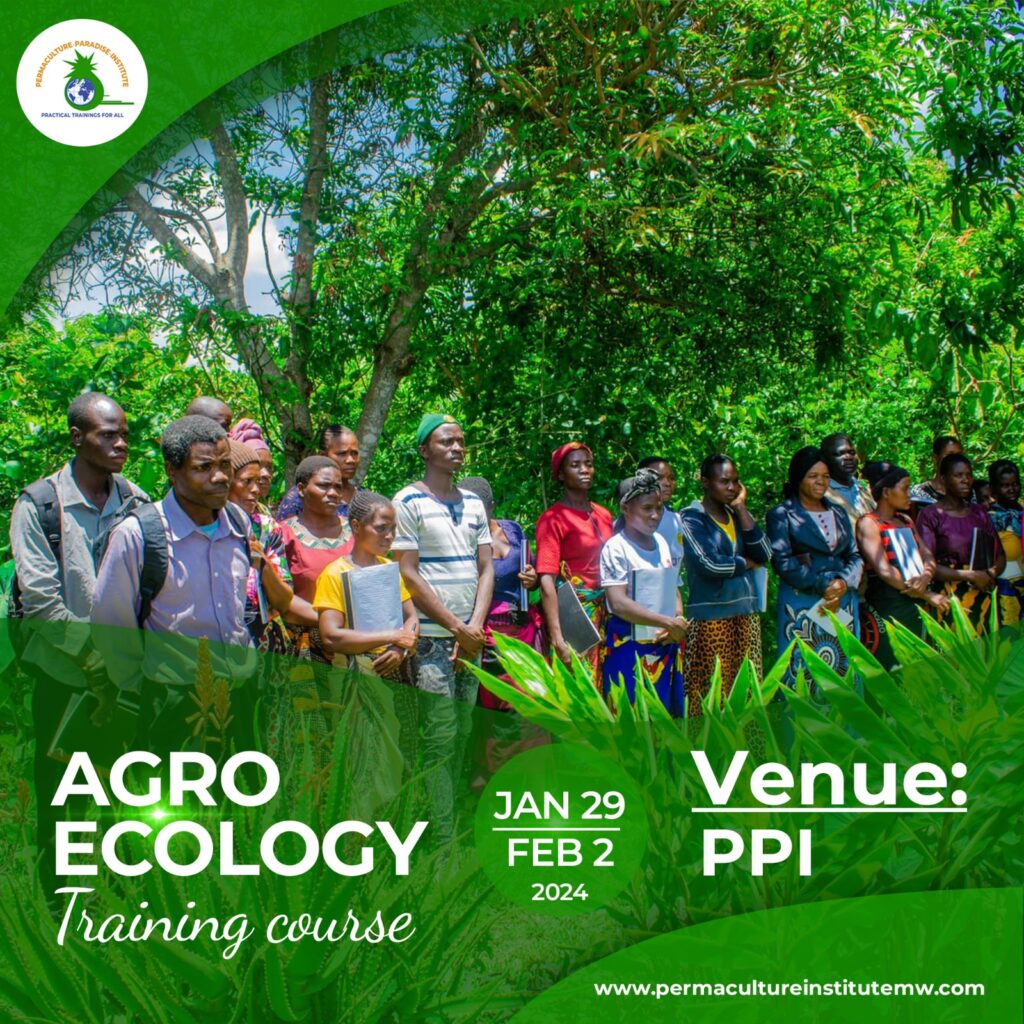Under the bright morning sky, Katsumwa Primary School once again became a hub of activity as the community gathered for the third day of the transformative Permaculture training course. Sponsored by Good Neighbors, today’s focus was on sustainable soil and water conservation designs—essential components for building resilient agricultural systems capable of thriving amidst the challenges of limited resources and climate variability. The participants, filled with anticipation from the previous days, arrived eager to deepen their understanding of how to manage and protect these critical resources.
The day commenced with an exploration into the vital role of soil health. Trainers emphasized that soil is not just a medium for plant growth but a living ecosystem teeming with microorganisms that contribute to its fertility and structure. Participants were introduced to the complexities of soil types and their properties, gaining insights into natural methods for enhancing soil quality. Practical discussions on composting, mulching, and other organic amendments highlighted the importance of nurturing the soil to maintain its health and productivity over the long term.
As the session moved outdoors, participants engaged in hands-on activities, examining soil samples and identifying their textures and compositions. This tactile experience was eye-opening, allowing them to connect theory with practice. Understanding the intricacies of soil ecosystems gave them valuable tools to improve soil fertility on their own lands. The interaction with the soil deepened their appreciation of its role in sustainable farming and equipped them with the skills needed to foster healthy, productive soil systems.
Water conservation, a topic of paramount importance in a region where water is often a scarce resource, was the focus of the afternoon. Trainers presented a range of techniques for capturing, storing, and efficiently using water. From rainwater harvesting systems to constructing swales and ponds, participants learned how to design landscapes that make the most of every drop. The goal was to integrate water management into their permaculture designs in a way that conserves this precious resource and enhances the overall ecosystem health.

The practical component of the water conservation session saw participants actively involved in designing and implementing water management strategies. Guided by the trainers, they assessed their land for water flow and storage potential, learning to create systems that are both efficient and sustainable. Building simple yet effective water structures, such as catchment areas and irrigation systems, demonstrated how even small interventions could significantly impact water conservation and use.

Throughout the day, a strong sense of community and shared purpose prevailed. Participants collaborated on designing soil and water conservation plans tailored to their specific needs, exchanging ideas and experiences. This collective effort not only enhanced their understanding of sustainable practices but also fostered a spirit of mutual support and innovation. The camaraderie and commitment to building a sustainable future for Katsumwa were evident in every discussion and activity.
As the third day drew to a close, participants reflected on the invaluable knowledge and skills they had acquired. They left with a deeper appreciation for the complexities of soil and water management and the confidence to apply these principles in their agricultural practices. The training reinforced their understanding that sustainable soil and water conservation is fundamental to creating resilient and thriving ecosystems. With the continued support of Good Neighbors, the community of Katsumwa is well on its way to becoming a model of sustainability, capable of flourishing in harmony with its environment.
The journey at Katsumwa Primary School continues to inspire and unfold with promise. Each day of the Permaculture training brings the community closer to achieving a future where sustainable living is a reality. Stay tuned for more updates as we follow the progress of this remarkable initiative. Together, we are cultivating a future where communities can flourish and endure.



